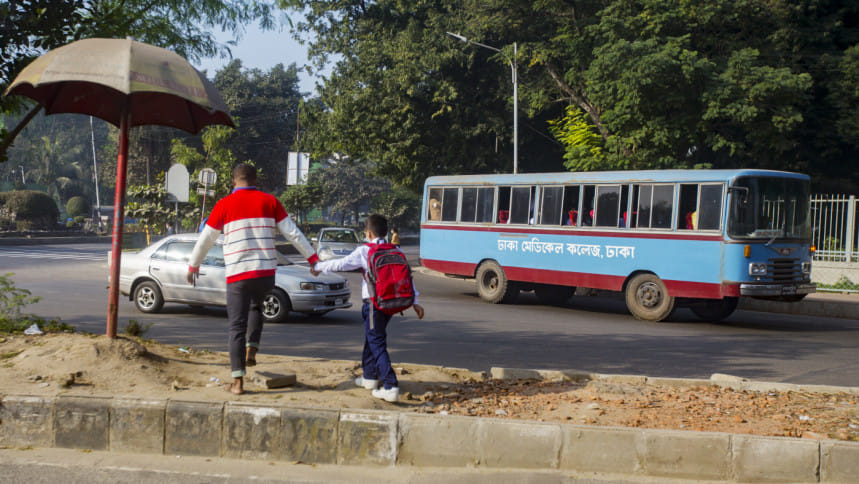The repercussions of a sheltered childhood

"Your parents only have your wellbeing in mind," is something most of us hear growing up, especially when we vocalise our dissatisfactions towards our parents. While there may be some truth to that statement in many cases, sometimes well-intentioned actions end up going sideways. When parents restrict us from certain activities or interfere in our lives, it may be from a place of concern. However, the degree of involvement can prove to be disadvantageous later on in life for the child if it exceeds a certain threshold.
Parents will often say that they're not going to be there for us forever, which is easily the best counterargument for their inclination to be overly sheltering. "Not being there for us" does not only mean physically being absent. It also means how we can't count on our parents to always solve every little problem in our lives, even if they are physically present. If our parents previously didn't allow us the chance to navigate our lives, we may end up struggling to cope with being on our own.
The realisation doesn't quite hit us until we get thrown into a bout of anxiety over simple tasks, or when we struggle to make independent decisions without parental input. Becoming independent as we grow is natural, but the habits formed from always having someone to depend on becomes hard to let go.
This is further solidified by the endless justifications for parents not allowing their children to go out alone, especially in Dhaka city. Road accident numbers soaring by the day, unknown environments, stranger danger – the list goes on.
Parents, including my own, will even burden themselves by shifting important errands in their own schedules to make sure their children reach their destinations safely. The self-sacrificial gesture is touching, but this constant practice has resulted in me having a terrible sense of direction where a straightforward route practically feels like a labyrinth. If Google Maps didn't exist, I'd probably be trying to figure a way out of Iqbal Road instead of writing this.
Another deceptively uncomplicated sounding activity I've struggled with doing alone is going through bureaucratic processes. Granted, in Bangladesh something as simple as picking up a certificate is unnecessarily long-winded, but at this point I'm not entirely sure how the process is even supposed to go. In fact, if someone were to come up to me and ask how you're supposed to renew your passport, my answer will probably be, "You tell your mom."
If you've led a similarly sheltered life, odds are, there's probably one or two pretty basic life skills that you may be lacking. As we grow up, however, it's unwise to blame external factors and take some accountability. Once we're no longer barred from taking the initiative to make up for our lackings, we might still resist personal growth out of sheer force of habit.
Just as it is important for parents to let children experience aspects of life for themselves, it's also necessary for us to realise that it's on us, as young adults, to step out of our comfort zones to work on the problems we face in our everyday lives.
Remind Zabin to take it easy on the caffeine at [email protected]

 For all latest news, follow The Daily Star's Google News channel.
For all latest news, follow The Daily Star's Google News channel. 









Comments